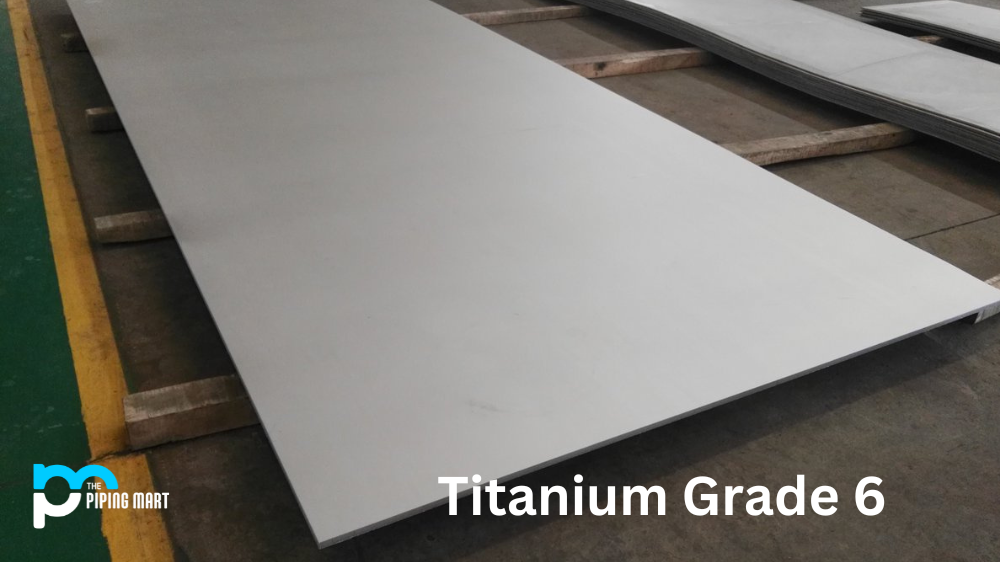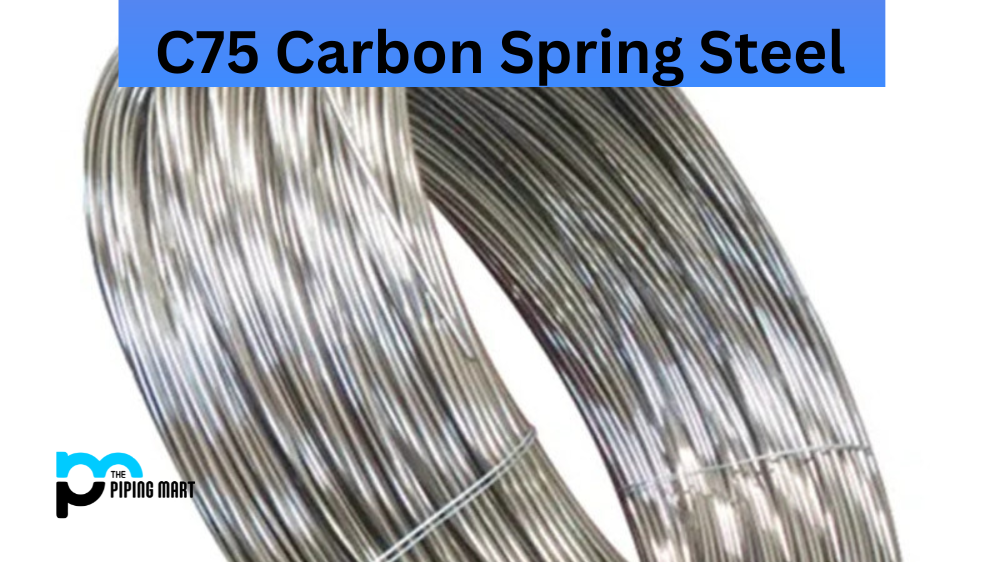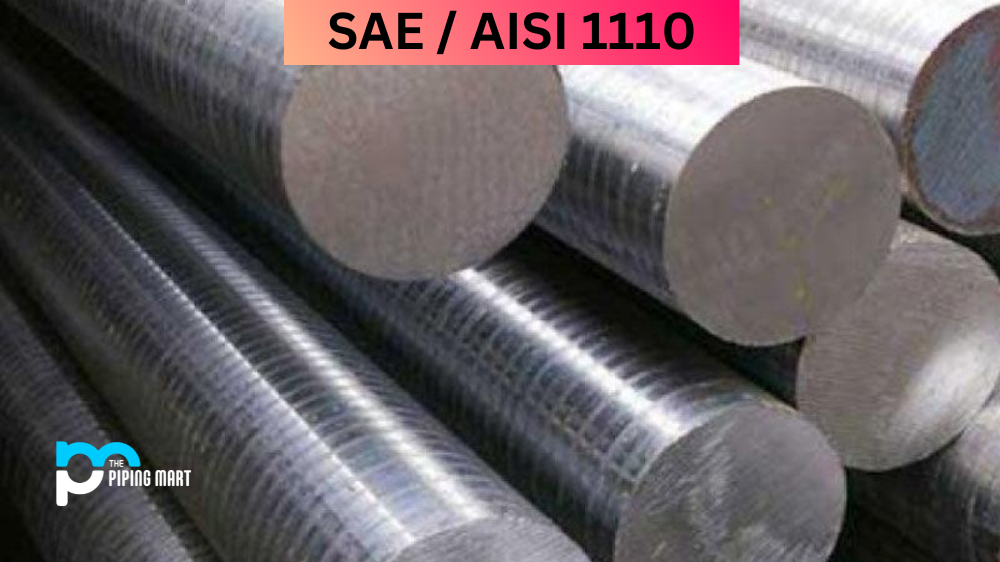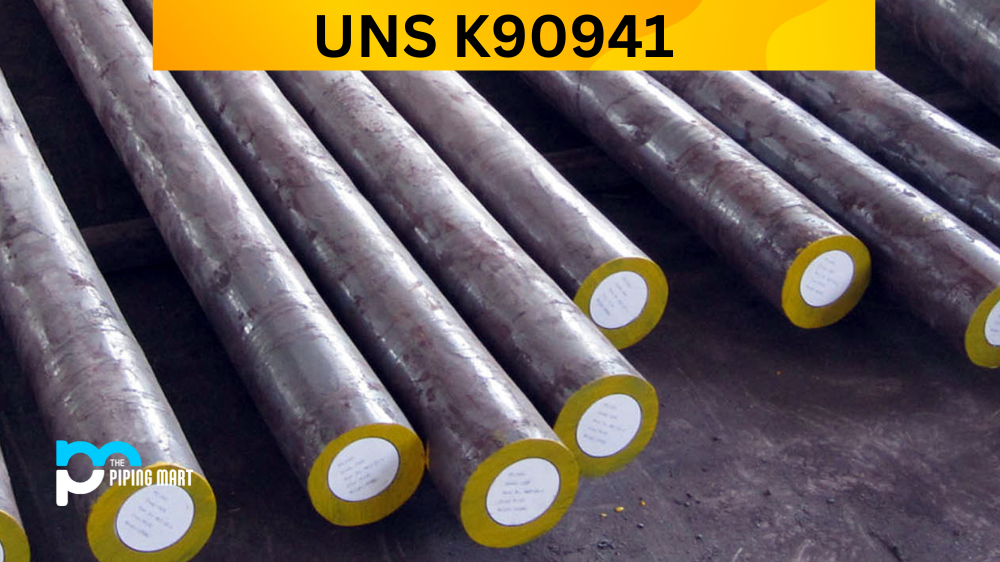Titanium is a popular metal in various industries because of its excellent strength-to-weight ratio, corrosion resistance, and biocompatibility. Among the different grades of titanium available in the market, grade 6 is considered one of the most versatile and commonly used. Titanium grade 6 contains a mixture of alpha and beta phases, and its composition and properties make it ideal for various applications. This blog post discusses everything you need about titanium grade 6, including its design, mechanical and physical properties, uses, corrosion resistance, heat treatment, and machining.
Titanium Grade 6 Composition
Titanium grade 6, or Ti-5Al-2.5Sn, contains 5% aluminium and 2.5% tin. The remaining percentage is pure titanium, which gives it the excellent mechanical and physical properties that it’s known for. Adding aluminium and tin enhances its strength, hardness, and toughness, making it resistant to wear and tear, even in high-temperature environments. The resulting microstructure of the alloy is a mixture of alpha and beta phases, which makes it malleable, ductile, and easy to fabricate.
|
Content |
|
|
C |
<0.08% |
|
Fe |
<0.5% |
|
N2 |
<0.05% |
|
O2 |
<0.2% |
|
Al |
4.0-6.0% |
|
Sn |
2.0-3.0% |
|
H2 |
<0.02% |
|
Ti |
Balance |
Titanium Grade 6 Mechanical Properties
The mechanical properties of titanium grade 6 make it an excellent choice for applications that require high strength, hardness, and toughness while maintaining a low weight ratio. Its tensile strength is around 950 MPa, with a yield strength of 880 MPa, while its elongation is approximately 13%. Moreover, it has a low modulus of about 105 GPa and is highly resistant to stress corrosion cracking, making it the ideal choice for marine, aerospace, and medical applications.
|
Property |
Minimum |
Typical Value |
|
Tensile Strength MPa (ksi) |
828 (120) |
972 (141) |
|
0.2% Proof Stress MPa (ksi) |
779 (113) |
897 (130) |
|
Elongation Over 2 Inches % |
10 |
16 |
|
Reduction in Area % |
25 |
|
|
Elastic Modulus GPa (Msi) |
|
110 (16) |
|
Hardness Rockwell C |
|
36 |
|
Specified Bend Radius <0.070 in x Thickness |
|
4.0 |
|
Specified Bend Radius >0.070 in x Thickness |
|
4.5 |
|
Post-weld stress relieved |
5.0 |
|
|
Charpy, V-Notch Impact J (ft.lbf) |
|
26 (19) |
Titanium Grade 6 Physical Properties
Titanium grade 6 physical properties include a 4.42 g/cm³ density, melting point of 1590°C, and thermal conductivity of 7.2 W/mK. Moreover, it has a high oxidation resistance and can withstand temperatures exceeding 400°C. These properties make it suitable for high-temperature environments and a protective coating for other metals subjected to oxidation and corrosion.
|
Property |
Typical Value |
|
Density g/cm3 (lb/ cu in) |
4.48 (0.161) |
|
Melting Range °C±15°C (°F) |
1571 (3860) |
|
Specific Heat J/kg.°C (BTU/lb/°F) |
540 (0.129) |
|
Volume Electrical Resistivity ohm.cm (ohm.in) |
157 (62) |
|
Thermal Conductivity W/m.K (BTU/ft.h.°F) |
7.7 (53) |
|
Mean Co-Efficient of Thermal Expansion 0-100°C /°C (0-212°F /°F) |
9.5×10-6 (5.3) |
|
Beta Transus °C±15°C (°F) |
1038 (1900) |
Titanium Grade 6 Equivalents
- AMS 4910
- AMS 4926
- AMS 4966
- ASTM B265 Gr6
- ASTM B348 Gr6
- ASTM B381 Gr6
- MIL –T-9046 2A or ELI 2B
- MIL –T-9047 2A or ELI 2B
Titanium Grade 6 Uses
Titanium grade 6 is a versatile metal, and its applications are widespread. The aerospace industry uses it to manufacture aircraft engines, structural components, and frames. The medical industry uses it to manufacture implants, surgical equipment, and tools. Due to its high corrosion resistance, it is also used for marine components such as propellers, shafts, and hulls.
Titanium Grade 6 Corrosion Resistance
One of the remarkable properties of titanium grade 6 is its excellent corrosion resistance, even in highly corrosive environments. It has a high degree of resistance to saltwater corrosion, and its durability, strength, and low weight ratio make it ideal for underwater applications such as offshore oil rigs and desalination plants.
Titanium Grade 6 Heat Treatment
Titanium grade 6 can be annealed to enhance its ductility and improve machinability. The annealing process takes place at a temperature range of 600-900°C, which results in the precipitation of the alpha phase. Additionally, it can be solution-treated and aged to improve its strength.
Titanium Grade 6 Machining
Machining titanium grade 6 can be challenging because of its low thermal conductivity and high ductility. However, it can be machined using carbide and high-speed steel tools with a low rake angle, cutting speed, and feed rate. Lubrication during machining is essential to prevent material buildup and maintain surface quality.
Titanium Grade 6 Welding
Titanium Grade 6 welding is a challenging process that requires specialized equipment, careful material preparation, and expert welding techniques. To ensure successful results, it’s important to preheat the material and use TIG (Tungsten Inert Gas) or MIG (Metal Inert Gas) welding technology with an argon-based shielding gas for optimal protection. Proper post-weld cleaning is also essential for optimum weld quality.
Conclusion
From its excellent strength-to-weight ratio to superior corrosion resistance, titanium grade 6 is a versatile metal suitable for various applications. Understanding its composition, mechanical and physical properties, uses, corrosion resistance, heat treatment, and machining will help you choose the best metal for your applications. With its unique properties and versatility, titanium grade 6 will continue to be a popular choice in various industries.

Meet Bhavesh, a seasoned blogger with a wealth of knowledge and experience. From metal products manufacturing to retail, Bhavesh has a diverse background in various industries and is dedicated to sharing his insights and expertise with readers.




